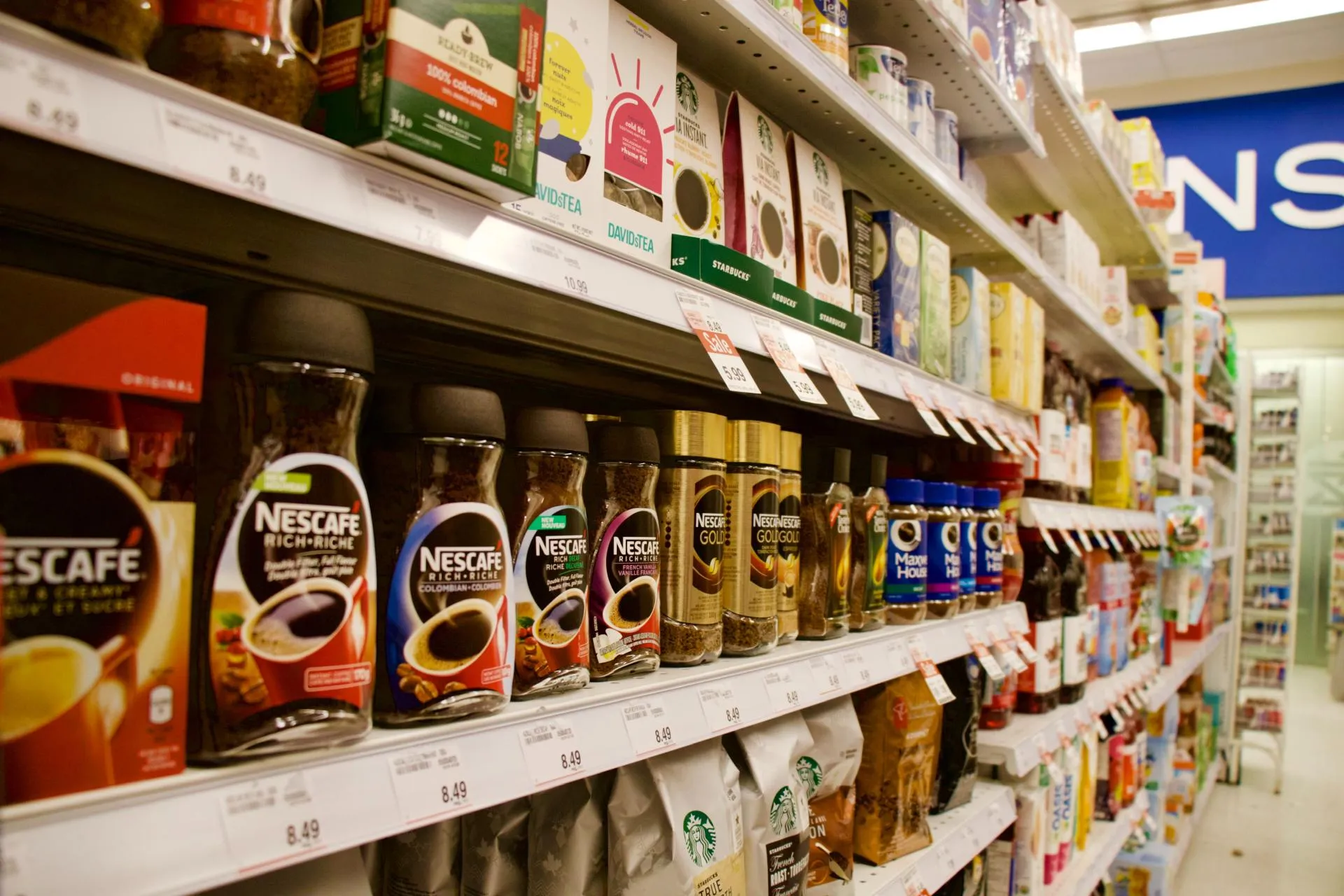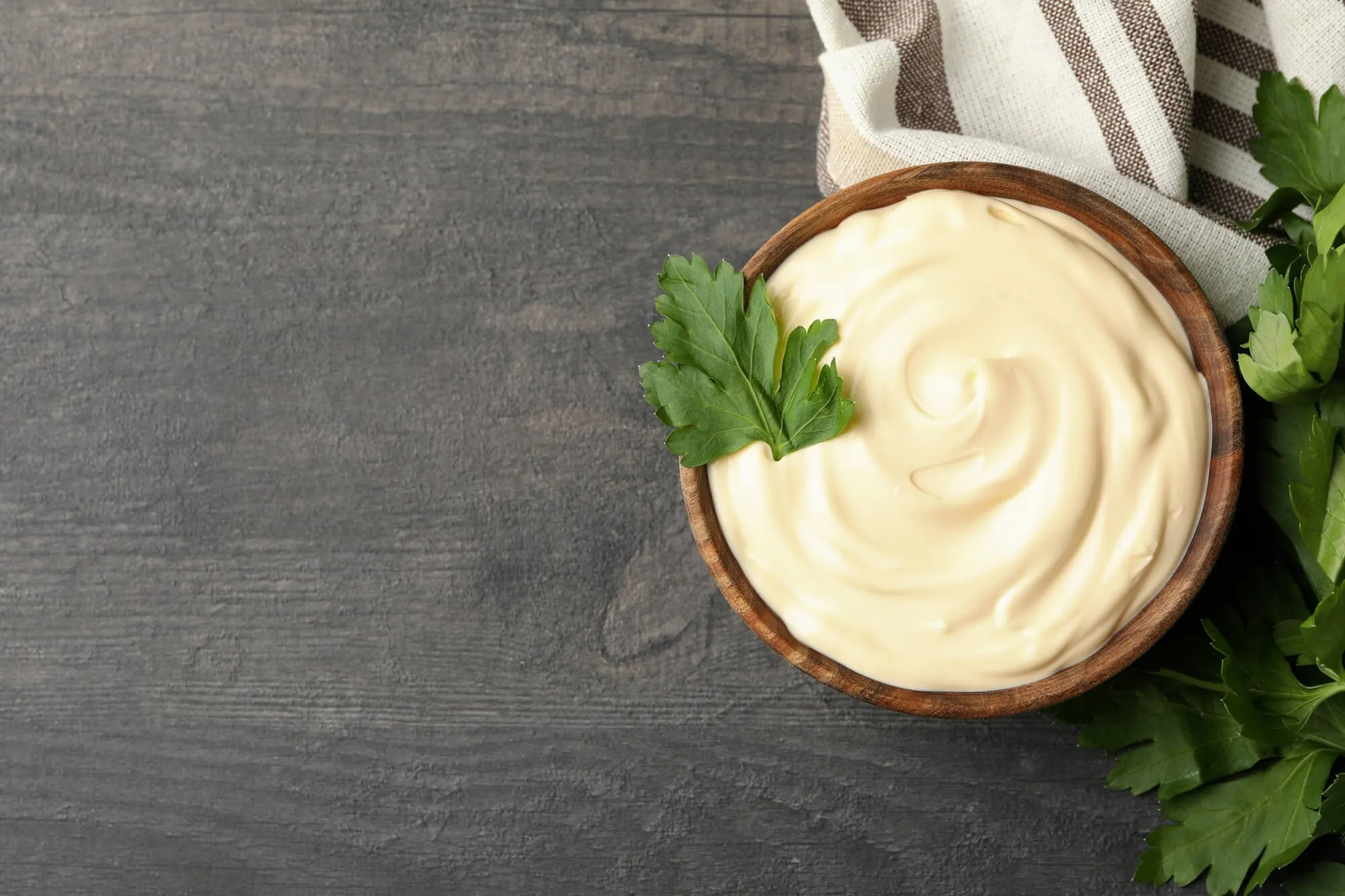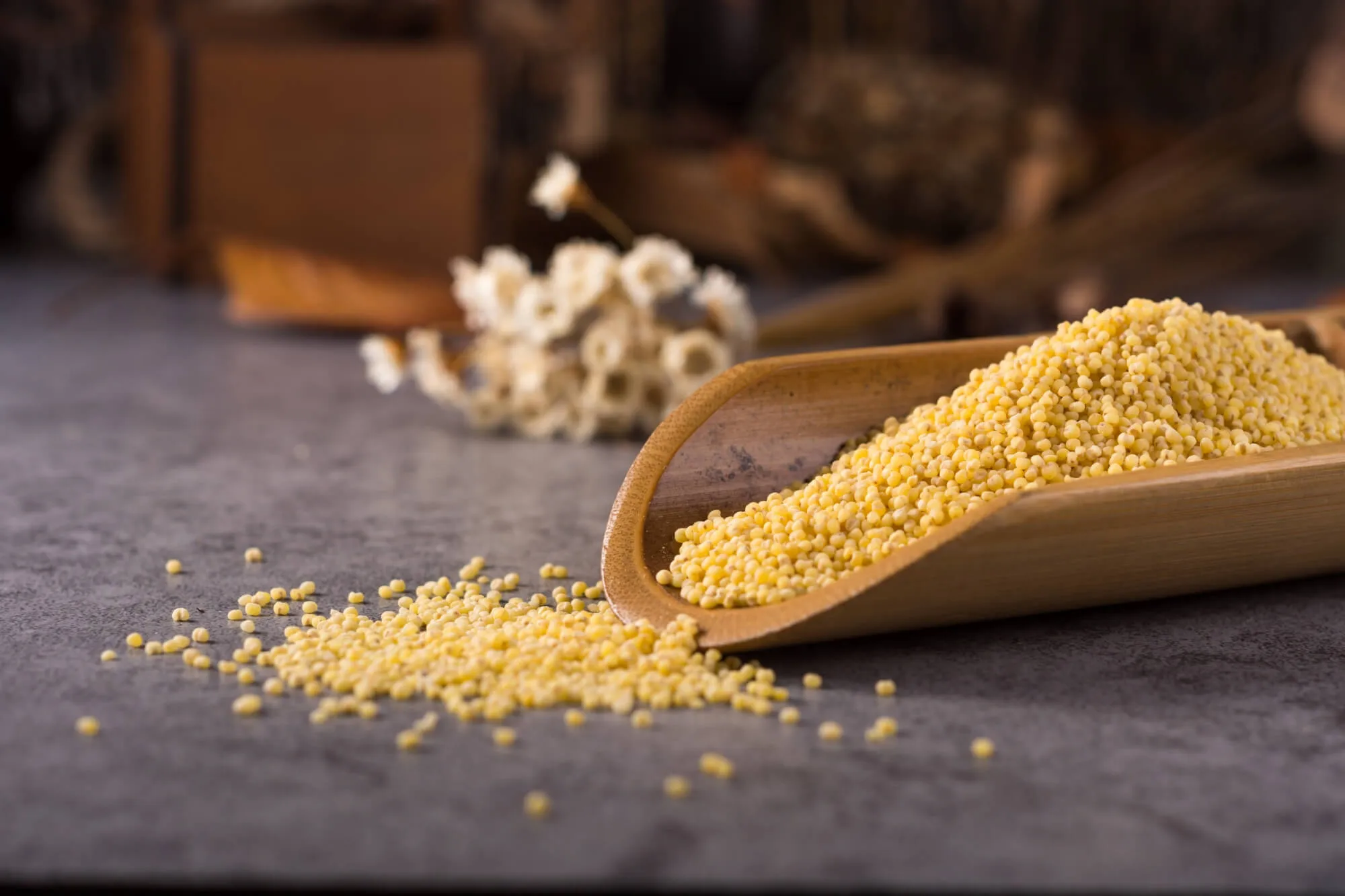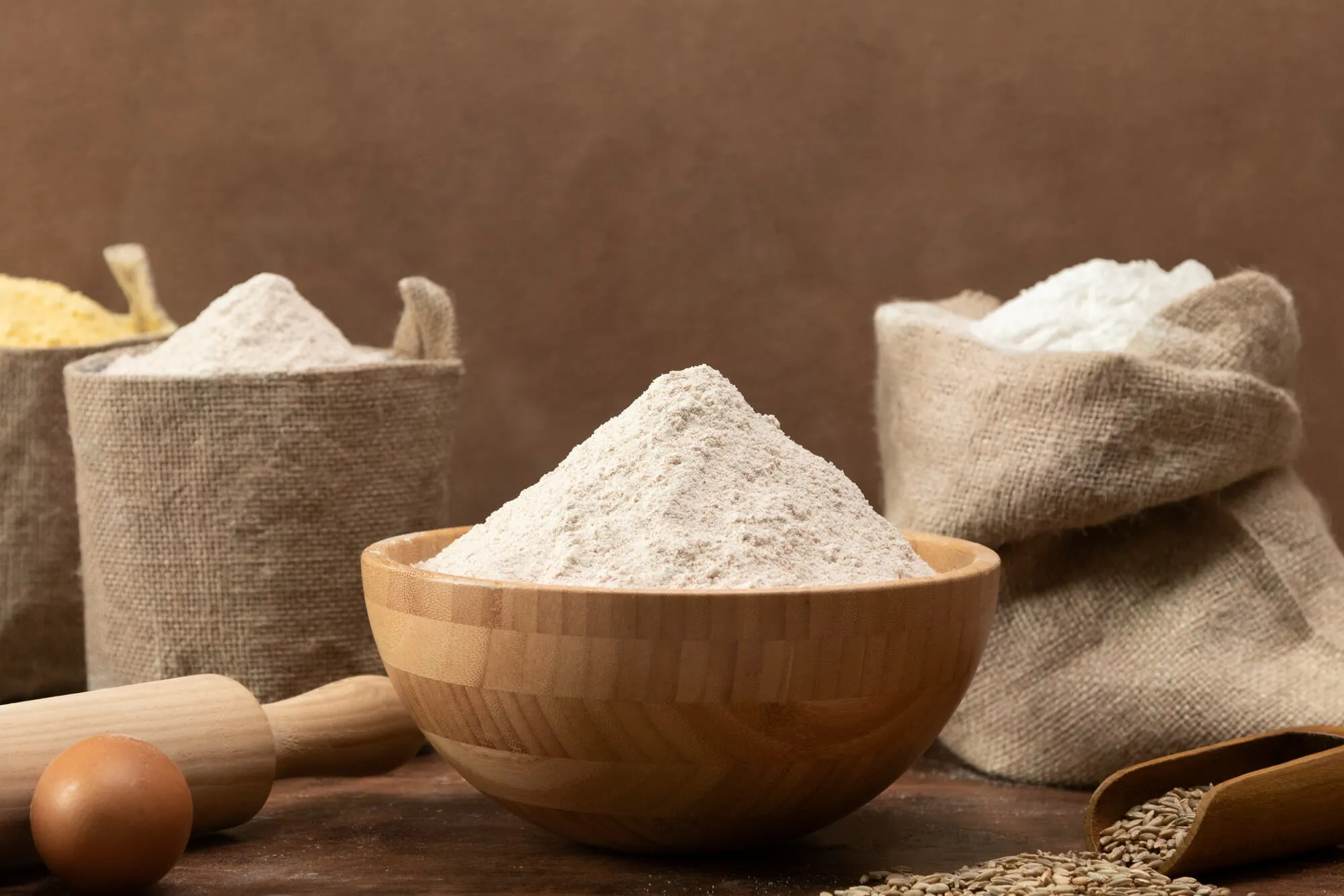Storing food is an important task that requires specialized knowledge and experience. This is because it must be done responsibly and correctly. The goods must remain in their original condition and not lose their freshness or value. When storing food products, you must make sure that all Sanepid requirements and sanitary conditions are met.
Basic rules for storing food products
If the applicable food storage rules are neglected, this may lead to extremely negative consequences. You may lose products and therefore money, or it may lead to poisoning.
Fortunately, storing food does not have to be complicated, if you follow the rules set by the Sanitary Inspectorate, the whole process will go successfully. The conditions for storing food are clear, the warehouse must be a space designated for storing food and not used for anything else.
As for the surface, it is best if the room is covered with ceramic tiles. In this way, cleaning and tidying up is much easier and there is less chance of rodents, insects or dirt settling in the warehouse.
Groceries must be stored on shelves, it is not allowed to store them on the floor or on pallets. The entire room must always be completely clean. It is recommended to arrange food in such a way that the products that enter the warehouse first leave it the fastest. This is practical advice, but you do not have to follow this rule, there are no top-down requirements regarding storage.
Temperature and food storage
It is also necessary to keep the products at the appropriate temperature, and a cold room may be needed for this purpose. Different categories of food products require different treatment and must be handled appropriately.
When it comes to the division of warehouses, they are most often divided into those where refrigerated food is stored and those where food that does not require refrigeration is stored.
Products such as drinks and alcohol are not very demanding when it comes to storage, but dairy products, vegetables and fruit must be stored in more controlled and specially stabilized conditions. It is necessary to provide adequate space for the products you want to store.
It is also worth paying attention to humidity. It may have a negative impact on the condition of stored food products, so it is a factor that should be controlled.
Moreover, it is necessary to pay attention even to the light in a given room. Exposing some products to too strong light can be very dangerous and even destroy the packaging.

Why is proper storage of food so important?
It is extremely important that individual product groups with different needs are stored in clearly separated zones. Only by taking care of this you will be able to store food properly and not incur losses.
The rules regarding food storage are so precisely established and described because, if done improperly, it could pose a serious threat to the health and even life of consumers. These rules are intended to protect the public.
The smell and taste of food are most important and must be preserved. That is why it is very important to follow the rules for storing food products. They help distributors and manufacturers maintain the optimal condition of the products they offer.
Thermohygrometers will also help in monitoring the condition of food. Thanks to their installation, it will be easier to check their current condition on an ongoing basis.
Final tips
Storing food requires great precision and attention to many things at once. It is necessary to follow the rules of the Sanitary and Epidemiological Station and understand what a given group of products needs to maintain optimal condition. It is worth paying attention to factors such as temperature, humidity and light.





